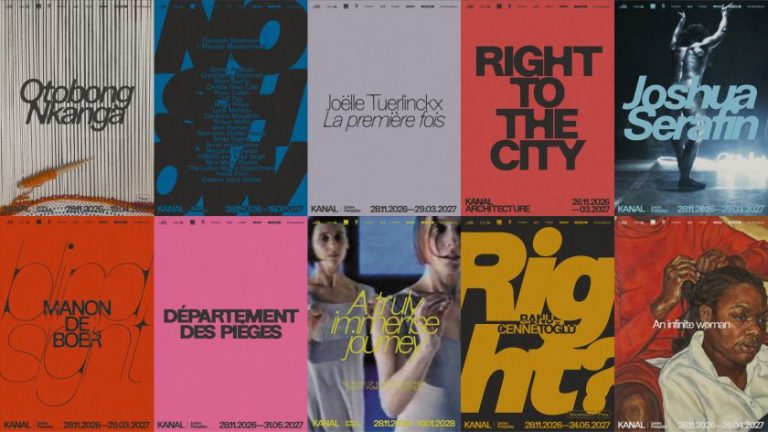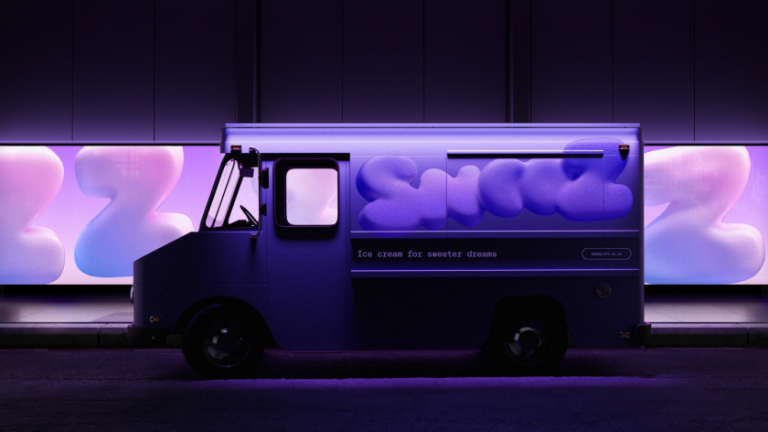The Norwegian company has launched Opera Air, a new browser that integrates mindfulness features like breathing exercises and binaural beats to help users reduce stress and stay focused online.
It seems like the whole world is online nowadays, from work to social interactions to doctor appointments. Let’s face it: it can all get a bit overwhelming sometimes, but the digital world is inescapable—it’s a part of life now—so maybe the solution is to make it less intense and more mindful.
Well, that’s exactly what Opera Air is trying to do by shifting towards integrating mindfulness into our online experiences. Launched earlier this month by the Norwegian browser company Opera, Opera Air is the first web browser designed in collaboration with U.N.N.A.M.E.D. to enhance user well-being during browsing sessions.
Recognising the dual-edged nature of modern web usage – where increased screen time can lead to heightened productivity but also substantial distractions – Opera sought to create a solution that brings tranquillity back into the digital realm. Opera’s senior director of products, Mohamed Salah, explains: “We saw that people are spending more time on their computers, and while this is supposed to make people more productive, it can also add to the many distractions around them.
“Once we realised this, we started to look for ways to bring some calm back into our digital lives and make people feel better while browsing the web.”
An exclusive sketch of process showing how Virgilio and Manuel built the visuals and behaviours for the Opera Air bubble
Opera Air distinguishes itself by embedding a suite of mindfulness tools directly into the browsing environment, ensuring users have seamless access to features that promote mental clarity and focus. The “Take a Break” feature, conveniently located in the browser’s sidebar, offers guided breathing exercises, neck stretches, and meditation sessions.
These exercises are designed to help users reduce stress, alleviate physical tension, and enhance overall focus. Salah emphasised the importance of these integrations: “The role of the browser has never been greater – it’s where we work, shop, seek entertainment, and do the things we love.
“We know from our own research that users often feel stressed or overwhelmed when at their computers, and so we wanted to create a browser that was not just a utility tool but a platform that helps users manage stress, enhance focus, and maintain emotional clarity throughout their day.”
Complementing these wellness features is the “Boosts” function, which provides ambient sounds and binaural beats to aid concentration and relaxation. These auditory tools are generated at the moment, ensuring a personalised experience that adapts to the user’s needs.
Salah explains the technical considerations behind this: “Binaural beats are generated on the fly, which we found to be a much better solution than playing pre-recorded frequencies.”
Opera Air’s design philosophy is deeply rooted in Scandinavian minimalism. It features a frosted glass user interface (Air UI) that adapts to the background of the websites being visited. This aesthetic choice not only enhances visual appeal but also contributes to a serene browsing environment.
U.N.N.A.M.E.D. partner and creative director Robert Lindgren shares insights into this approach, saying: “From a design perspective, we explored many creative paths and metaphors to bring to life the notion of air, relaxation, and space.
“We always thought of Opera Air as an enabler of clarity; the more noise we remove, the clearer our headspace is. It was important to depict the browser in a way that symbolised clarity and at the same time seamlessness.”
Balancing these mindfulness features with the browser’s performance was a critical aspect of Opera Air’s development, so the team prioritised ensuring that the integration of wellness tools did not compromise speed or functionality.
Salah highlights some of the challenges and solutions they experienced here, brought on by the fact that they were trying to enhance mindfulness and functionality. He says: “One of the biggest challenges in terms of performance was the introduction of the frosted glass user interface (Air UI).
“We started with a few different Proofs of Concept in order to decide on the best technical solution, including performance aspects. After that, we spent a significant amount of time optimising it further in order to achieve what we have today.”
Extensive research into mindfulness practices and their psychological benefits informed the development of Opera Air. The team surveyed existing studies and incorporated findings to create features that genuinely enhance user well-being. Salah mentions that they also surveyed the secondary research and included the best findings and their applications in the browser. They’ll be publishing a separate blog post about this later.
Looking ahead, Opera envisions Opera Air as a tool that can significantly influence digital well-being. ‘We would love for it to become the go-to tool for people seeking a bit of calm and balance as they browse the web from their computers,” says Salah.
In a digital landscape often characterised by information overload, could Opera Air be the answer to a more mindful and balanced online experience? Check it out and see for yourself.










